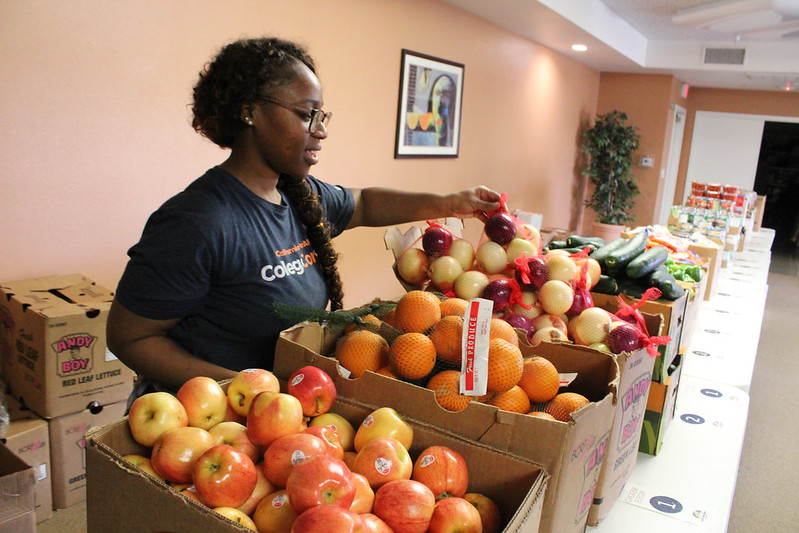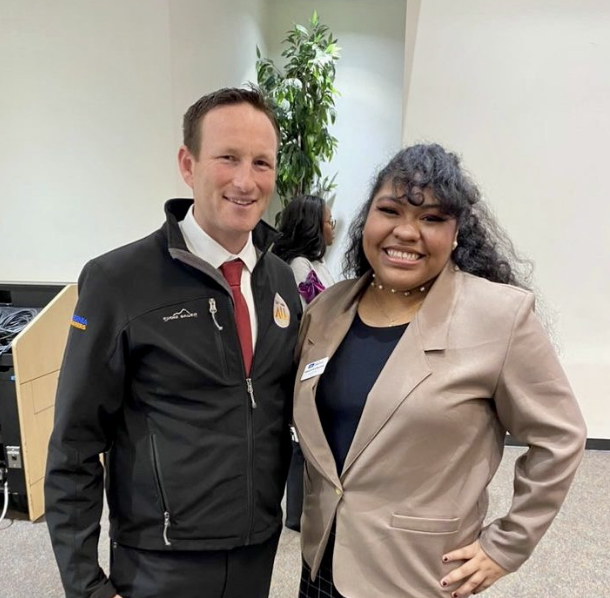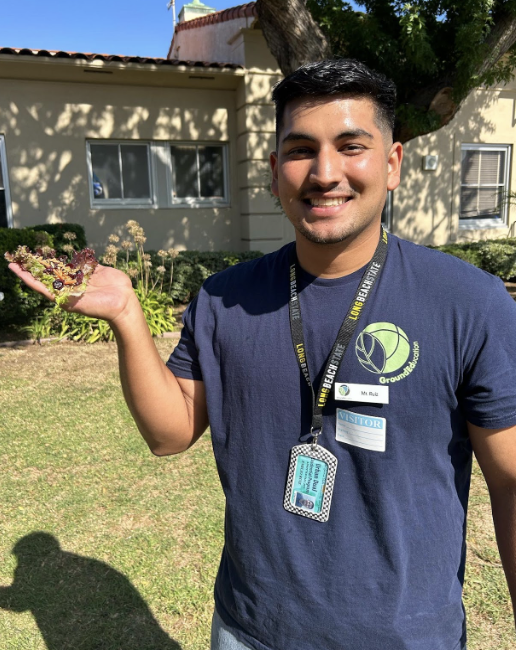Connecting College to Communities: California’s New Service Agenda
Key Points
-
States can combine service and career opportunities to help young people better connect to building skills and purpose.
-
Community-connected opportunities help people to learn their place and seek to positively contribute to it.

In a move to foster both personal and community development, the state of California has launched the #CaliforniansForAll College Corps program. This initiative promises to bring a wave of positive change not just to the students who participate, but also to the communities they serve.
At its core, the College Corps program is a first-of-its-kind paid state service and career development initiative established in partnership with community colleges and universities across the Golden State. One goal of this program is to assist students in graduating on time and with reduced debt, but what really sets it apart is its dual focus: while students earn and learn, they also make a tangible difference in areas such as climate action, K-12 education, and food security.
“These paid service programs are about restoring the social contract between government and its citizens,” said Governor Gavin Newsom. “This public investment builds upon California Volunteers’ army of service members, which is larger than the Peace Corps, and exemplifies the spirit and idealism I see in young people across California.”
“During one session with a student, she told me for the first time without prompting that she ‘believed in herself.’ It was my proudest moment. College Corps reminded me of the power of simple human kindness to combat challenges many communities face,” shared Yessenia Sanchez, College Corps Fellow from University of California, Los Angeles.
Eligibility and Opportunities
The College Corps program is designed for full-time undergraduate students who are enrolled at a partner campus. Once inducted, these students can engage in a variety of service opportunities:
- Tutoring and mentoring K-12 students, running after-school programs, and offering assistance during summer programs.
- Engaging in climate action projects, which include composting programs, tree planting, and erosion control. (A few months ago, we sat down with Josh Fryday, California’s Chief Service Officer to discuss the California Climate Action Corps.)
- Contributing to community welfare by participating in initiatives like community gardening and working in food banks to address food insecurity.
[…]she told me for the first time without prompting that she ‘believed in herself.’ It was my proudest moment. College Corps reminded me of the power of simple human kindness to combat challenges many communities face.
Yessenia Sanchez
Benefits That Resonate
Beyond the service opportunities, the benefits of participating in the College Corps program are manifold. Students receive a living allowance throughout their service term and can also earn an Education Award upon the program’s completion. This financial aid is a significant boost, helping students to reduce their educational debt.
Moreover, participants gain real-world job experience, ensuring that they are better prepared for their careers post-graduation. This is supplemented by professional development training and networking opportunities. Not to forget, students also earn academic credit, further enhancing the value of their educational journey.
The program also instills a sense of pride and accomplishment. As participants work towards a shared goal, they form new relationships with young leaders across the state. They are part of a community striving for betterment, inspired by gratitude and a commitment to positive change.
“My College Corps experience has inspired me to continuously find ways, both big and small, to remain involved in my community and in schools, especially since I will be teaching in my own classroom within the next year,” said Emilio Ruiz, College Corps Fellow from California State University, Long Beach.


Climate Action Corps
This initiative builds on the recent success of the California Climate Action Corps, an initiative that recently made national news, and features a great interest form. From the announcement, “Five states across the country, including California, Colorado, Maine, Michigan, and Washington, have already launched successful Climate Corps programs, demonstrating the power of skills-based training as a tool to expand pathways into good-paying jobs. Today, five new states – Arizona, Utah, Minnesota, North Carolina, and Maryland – are moving forward with state-based climate corps that are funded through public-private partnerships, including AmeriCorps, which will work with the American Climate Corps as implementing collaborators to ensure young people across the country are serving their communities while participating in paid opportunities and working on projects to tackle climate change.”
Because of their early success with this program, California will be leading a community of practice for the states that most recently have adopted the Climate Corps:
This initiative is one of many highlighted in our Green Pathways publication.
What does this mean?
This program is not merely about graduating on time or reducing debt; it’s about cultivating informed, compassionate, and proactive citizens ready to lead the future.
In a world where education often becomes a solitary pursuit, California’s College Corps program is a testament to the power of collective growth and service. It’s an inspiring model for other states to emulate, highlighting the potential of community-centric education.






0 Comments
Leave a Comment
Your email address will not be published. All fields are required.